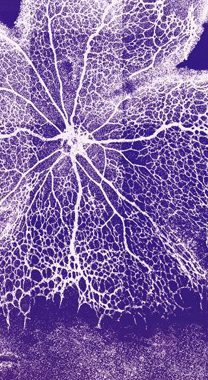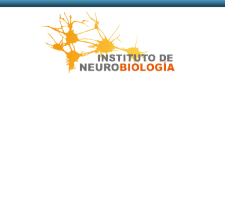




Hormonal regulation of blood vessels, inflammation, metabolism, growth, and tissue survival
Prolactin, the hormone essential for lactation, has a wide diversity of effects in and beyond reproduction.
Our laboratory has extended the scope of prolactin actions to the regulation of blood vessels, inflammation, survival, growth, metabolism, and function of the retina, joint tissues, liver, adipose tissue, and brain.
We have demonstrated that prolactin frequently acquires opposite effects upon these targets after undergoing proteolytic cleavage to vasoinhibin, a family of prolactin fragments that inhibit blood vessel permeability and growth (angiogenesis), are proinflammatory, proapoptotic, and anxiogenic. In view of their opposing effects, the regulation of the proteases responsible for specific prolactin cleavage represents an efficient mechanism for balancing functions.
We use in vitro and in vivo models and human samples to study the dichotomous actions of prolactin and vasoinhibin, their receptors and signaling pathways, the enzymatic system responsible for prolactin cleavage and the regulatory mechanism involved.
We hypothesize that the reciprocal interplay between prolactin and vasoinhibin represents an effective mechanism regulating physiological homeostasis and investigate whether an alteration of this interplay contributes to diseases such as diabetic macular edema, diabetic retinopathy (and other vasoproliferative retinopathies), rheumatoid arthritis, cancer, obesity, and anxiety-related disorders.
We have repurposed a current medication (levosulpiride) that elevates ocular vasoinhibin as a less-invasive, early intervention strategy against diabetic macular edema. Furthermore, we have synthesized vasoinhibin heptapeptide analogs that are potent, specific, and orally active inhibitors of blood vessel growth and permeability with real therapeutic potential against angiogenesis-dependent diseases. These analogs are being developed as effective and safe small molecule medication candidates in oncology and ophthalmology and are protected by international patent applications




Laboratory A-14
Instituto de Neurobiología
Universidad Nacional Autónoma de México
UNAM Campus Juriquilla
Boulevard Juriquilla 3001
76230 Querétaro, Querétaro, México
Phone: (55) 56 23 4028; (442)238-1028
